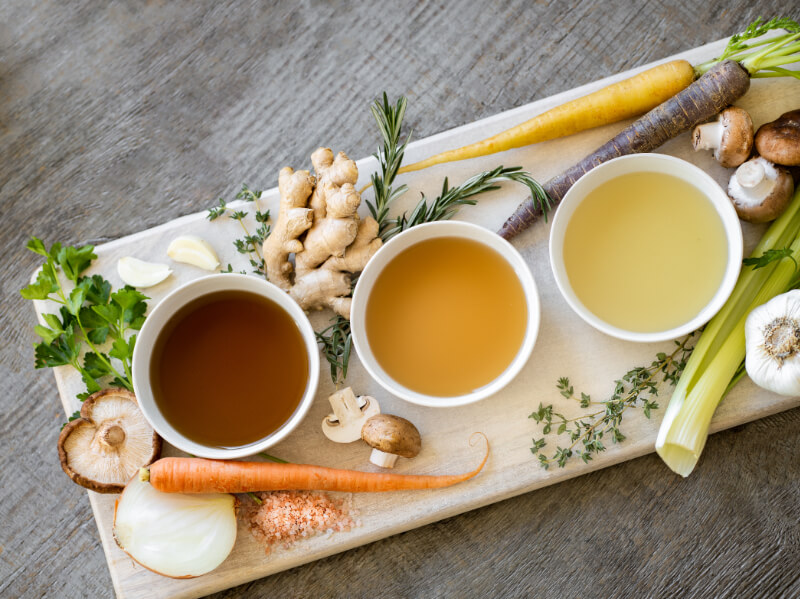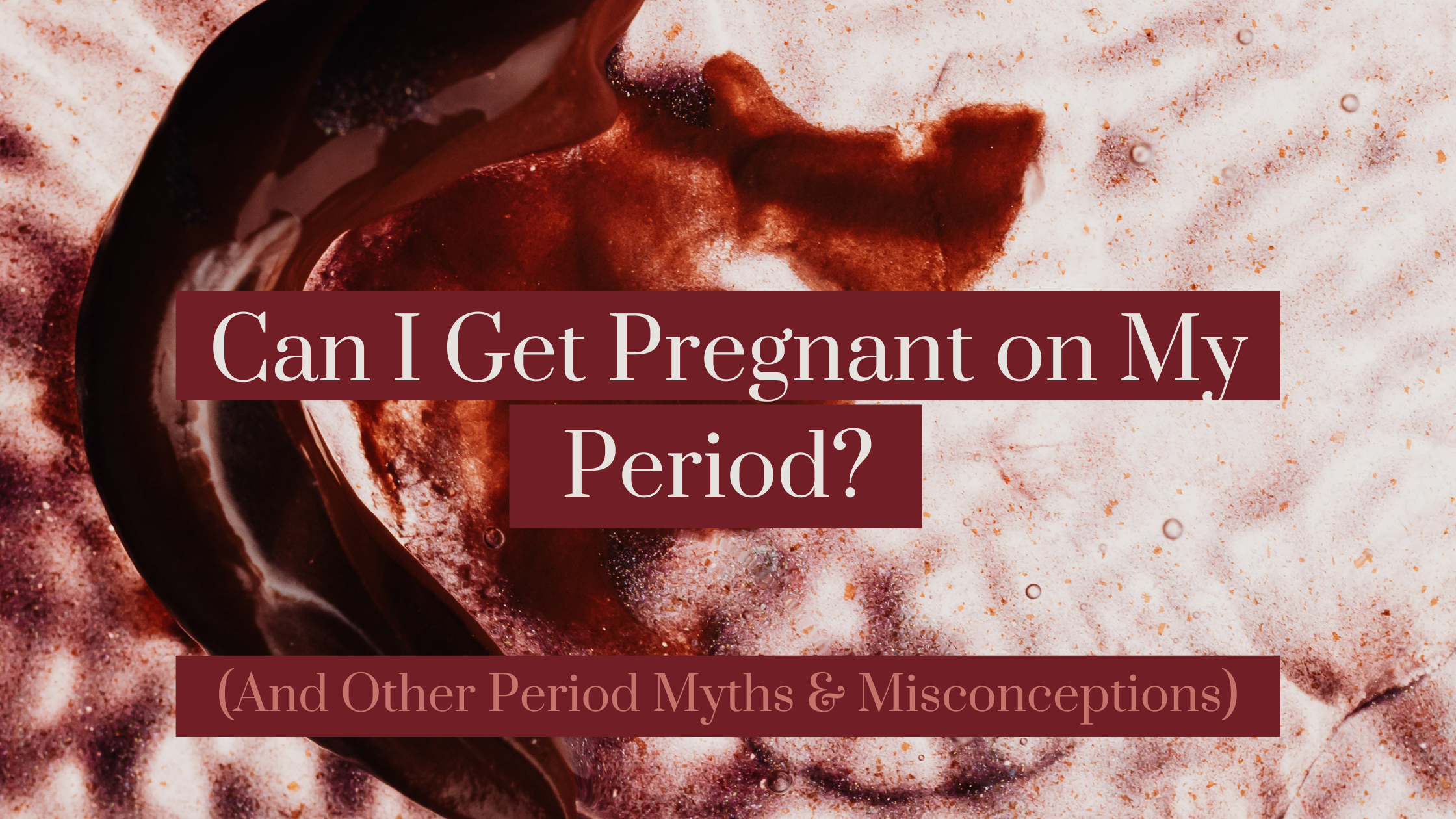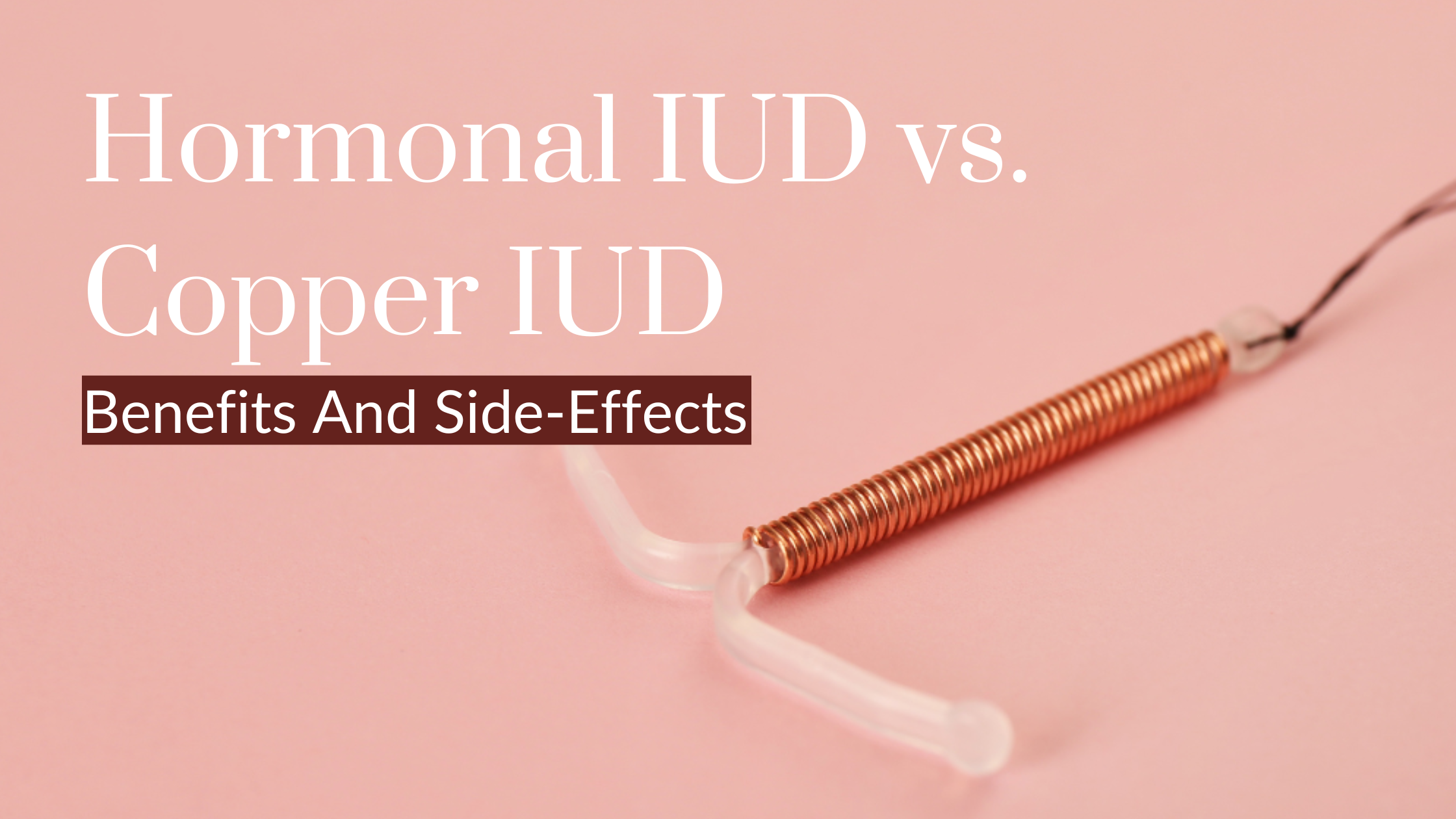A Partner’s Guide to Postpartum Support

Usha Anandi. 18 | MAY | 2021
There’s no denying it, modern mothers are suffering.
When speaking about one of my relatives who had given birth a few months ago, my partner asked whether or not she had “postpartum”.
Of course she did, I explained… as EVERYONE goes through postpartum.
At that moment, I realized that he was using the word postpartum, which describes a period of time (which varies depending on what cultural or medical beliefs you subscribe to) that happens for all Mothers and birthing people after they give birth, with postpartum depression.
I realized then, how strong the wiring is between postpartum and depression. And considering 50% of Mothers and birthing people will experience the baby blues after birth, with around 10 – 20% of those later experiencing a more severe form of postpartum depression, it’s easy to see why we’ve been wired to think postpartum is synonymous with depression.
The question I’ve asked myself since the beginning of my work in this field is… does it really have to be this way?
The answer, after working with hundreds of families and learning about various ancient postpartum traditions, is in short, NO. It doesn’t have to be this way.
In fact, it can be very, very different.
And after supporting hundreds of families through conception, pregnancy, birth, postpartum, and beyond, I know (and have evidence), that this is true.
And although most of the blame seems to be placed on the Mother (previous mental health challenges, difficulty in adjusting to the new role, etc.), what I’ve found through my work is that the mental health of the Mother is undoubtedly reliant on the support system she has around her.
That’s why I created a professional training to support birth workers in learning the skills to meet the needs of pregnant and postpartum Mothers… and because of the current craziness in the world, it might be coming to you in an online, virtual format… very, very soon.
But whether you want to train with me or not, I want you to leave this blog feeling like you have some idea as to how to best be of service to a new mama.
And if you’re looking for tools to support a pregnant mama, I’ve got you covered there too.
Whether you’re in partnership with the birthing person, a birthworker, or a family member who wants to lend a hand… first, let me start by saying THANK YOU.
Any and all contributions you can make to support a new Mother in their postpartum time will have a profoundly positive impact on the mental, physical, and emotional health of both Mother and baby.
In the birthwork world, we combine the words Mother and baby to create a new term called Motherbaby. The lack of space in between the two words is purposeful, and highlights the interconnectedness of the two.
But let’s get one thing straight, Motherbaby isn’t some cutesy term to make us feel warm and gooey inside (although if it has that affects, go with it). Rather, this word speaks to a literal reality; Mother and baby are one.
They are a dyad, and their bond should be respected above all else.
Newborn babies need the Mother to regulate their nervous system, body temperature, heart rate, and breathing.
I notice that there’s a lot of conversation about how to conceive consciously, birth healthy babies, and raise emotionally intelligent children.
If we want to care for future generations, we first have to care for the people who birth them.
And unfortunately, our current structure of care isn’t set up for that.
Postpartum care often looks like dropping in to see the new mother and hold the baby, bringing balloons, and offering flowers.
But Mothers need and deserve more, and so do their babies.
That’s where partners, birthworkers, friends, and family members come in.
Using the steps below, we can change the way postpartum Mothers are cared for.
By showing up for Mothers, I believe that we are truly changing the future of our world. Thank you for playing a vital role.

1. Give space to rest
Hi, I’m a postpartum mama (75 days into my postpartum journey), and I can tell you – I’m freaking tired. And if you knew what was happening hormonally in my body, you’d understand why…
After 10 months of growing a baby (yep, pregnancy isn’t 9 months… it’s 10 months, can we please change the narrative on this?) and experiencing the highest levels of estrogen and progesterone in one’s life, we experience the most drastic change in our hormone levels after three days postpartum, where estrogen levels drop to menopausal levels.
In order to metabolize the changes that Motherhood brings, we need to rest. And I don’t just mean the hormonal changes – but the physical, emotional, and spiritual changes as well.
And this means ideally, Mother shouldn’t have to worry about ANYTHING ELSE other than healing her body and tending to her baby. That means no sweeping the floor, no vacuuming, no dishwashing, no food making… nothing. At least for the first 40 days.
That’s where you come in, beloved support person.
If a Mother is to truly relax, she needs to know that she’s taken care of. For many, watching dirty dishes pile up and laundry stockpiles can feel extremely overwhelming in such a sensitive time.
Perhaps do we, as Mothers, need to let go of a bit of control? Yes, absolutely. AND do we still need support to get basic cleaning done so we can actually relax? You betcha. And speaking of actually relaxing, here’s an awesome self-care practice that postpartum mamas can do while you’re helping them with everything around the house.
To start, ask the Mother where she needs help. Better yet, make a list. Most Mothers have an ongoing to-do list going in their heads, and seeing you write tasks down on paper may give them the opportunity to let go.
Begin by writing down all the chores that she needs doing that she can’t live without. Then write down a list of the ones that are less essential, but need doing eventually.
Check in with yourself honestly, are you able to cover all the tasks yourself, or do you need to outsource help?
If help is needed, consider calling in the support of family, friends, or even hiring a postpartum doula or a cleaning service.
Planning to take on these responsibilities before the birth can help the Mother feel more relaxed knowing that she’s headed into her postpartum fully supported.

2. Make food
In postpartum, mothers need two things the most: rest and warming, nourishing, building food… ideally, food she doesn’t have to make herself!
Modern diet culture promotes smoothies, raw vegetable or fruit juices, and salads as healthy, detoxifying, and “good” choices for your body. And all thought these foods may indeed be healthy, they are the opposite of the energy new Mothers need in postpartum.
Rather than detoxifying the body, new Mothers need food that will build back up their reserves.
In ancient traditions like Ayurveda or Traditional Chinese Medicine, this nourishment is served in the form of foods that are cooked and made with warming ingredients.
One of my favorite books to recommend to pregnant clients and their partners is The First Forty Days. Written by Heng Ou, this incredible cookbook offers an accessible take on medicinal postpartum foods, drawing from the ancient wisdom of Traditional Chinese Medicine.
If cooking all meals feels overwhelming for you, I get it. Remember that the responsibility of caring for a new mother and her child was never something meant to be carried by one person, but rather traditionally, was a responsibility of the entire community.
Although many of us no longer live in small, intimate villages, we can use modern tools to call upon the support of our community in a clear, organized way. The website Meal Train makes this possible.
Their website makes it easy to create a calendar where your family, friends, and loved ones can sign up to bring meals. Meal Train makes it easy to communicate specific dietary requests so you can be sure you’re getting the nourishment you need during such a crucial healing time.

3. Honor your own needs
As you master the art of caring for the new Mother, you must also learn how to care for yourself.
Whether you are a partner, birthworker, family member, or friend, your self care during the postpartum time is also essential and necessary.
While the Mother’s system is biologically designed to adapt and function during the postpartum time, yours is not. Although you may feel deeply connected to the baby, the Mother, and the healing process of postpartum, your nervous and hormone systems do not have the same cocktail of hormones supporting them in fully adjusting to this phase.
For this reason, you must find time to rest. And that doesn’t necessarily mean sleeping.
Rest can come in all different forms, but it usually looks like time alone with yourself to process and rejuvenate.
This can look like taking a walk in nature, having a phone call with a friend, exercising, or reading a book that you love.
Fill yourself up. You are the foundation the Mother and baby are relying upon, so find ways to dig deep inside of yourself and find solid ground.
In an ideal world, you would know what activities feel supportive for you BEFORE transitioning with the Mother into postpartum.
Whether you’ve planned ahead or not, here are some clarifying questions to ask yourself…
- What are activities that help me cope with stress?
- Who are some friends or loved ones that I enjoy speaking to and feel supported by?
- What in my life brings me joy?
Write the answers to these questions down so that you don’t forget and have the list accessible as a resource during the postpartum journey.
This is just the tip of the iceberg.
Learning how to care for a new mother is indeed an art. One that has been mastered by traditional cultures and wise woman traditions, and one that unfortunately has been largely lost on our modern, stressed out, hyper-medicalized world.
If we are to heal the world, we first have to start with Mothers.
When Mothers are fully taken care of, their babies are imprinted with a sense of safety, security, and a wellbeing that roots itself deeply in their body and psyche.
To accompany a Mother on the journey of discovering themselves as a new Mother is the greatest honor, privilege, and transformational gift. One that requires all of us – our full presence, devotion, and compassion.
If you’re called to walk alongside Mothers and birthing people in this sacred way, I have a training for you. And it’s coming online, VERY soon!




